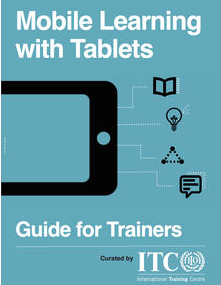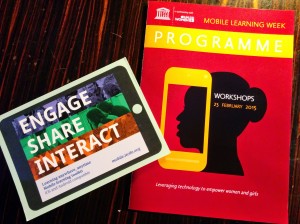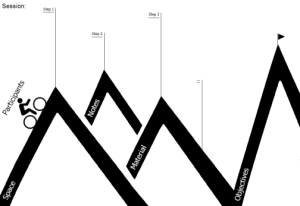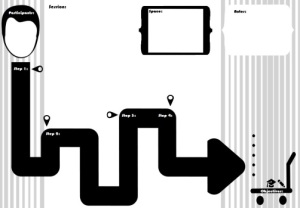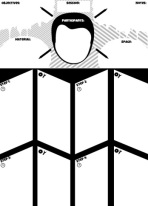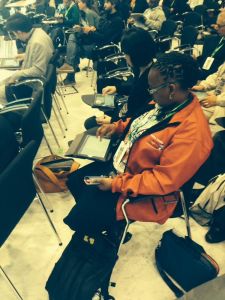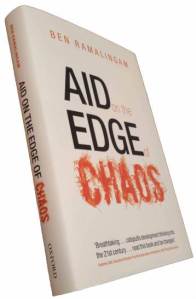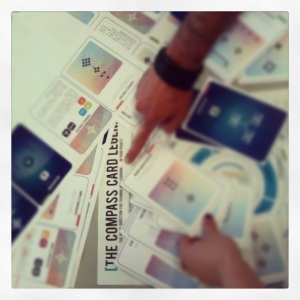As part of the Centre’s innovation fund we explored the added value of ‘crowdfunding for development’. The results of this investigation have been documented step-by-step throughout the entire crowdfunding cycle and we think it’s about time to scale up this learning journey. In collaboration with GIZ and the Common Wealth of Learning we want to engage, jointly with you, in a massive open online course (MOOC). The objective of this collective networked learning experience is not only to share what we have learned already but to build upon this knowledge and crowdsource on interesting ‘crowdfunding for development’ cases globally. If your organisation or institution is interested to explore the added value of crowdfunding than joining this MOOC might be an excellent opportunity to transform your ideas into practice. The course will run over an eight week period and will start on the 4th of May. Signing up is free and can be done here.
About L&T Blog
The L&T blog of the ITC-ILO is a knowledge sharing and staff development tool at the intersection of learning, training and technology. This blog will inform you timely on news, ideas, tools and comments related to learning methodology and technology.-
Recent Posts
Recent Comments
Top Posts
Categories
Calendar
May 2024 M T W T F S S 1 2 3 4 5 6 7 8 9 10 11 12 13 14 15 16 17 18 19 20 21 22 23 24 25 26 27 28 29 30 31 Find us on Facebook
Find us on Linkedin
Subscribe by Feeds
Subscribe by E-Mail
Subscribe to my podcast
- africa audiovisual augmented reality blog capacity development collaboration compass conference creativity crowdfunding DELTA blog design distance learning e-learning e-learning Africa employers facilitation filming future infographics informal learning innovation ITC-ILO KM knowledge management knowledge sharing learning learning lab learning link lifelong e-learning link method methodologies methodology methods mobile mobile learning moodle network OER online online educa open source open space participants pedagogical peer assist plone podcasting potential powerpoint practice preactice presentation problem resolution RSS screencasting secondlife sharing experience social media staff development statistics storytelling tablets technology enhanced learning toolkit tools training twitter UN video visual visualization web2.0 youtube
Archives
Follow ITC-ILO on Twitter
Tweets by itciloBlog Stats
- 167,819 hits

